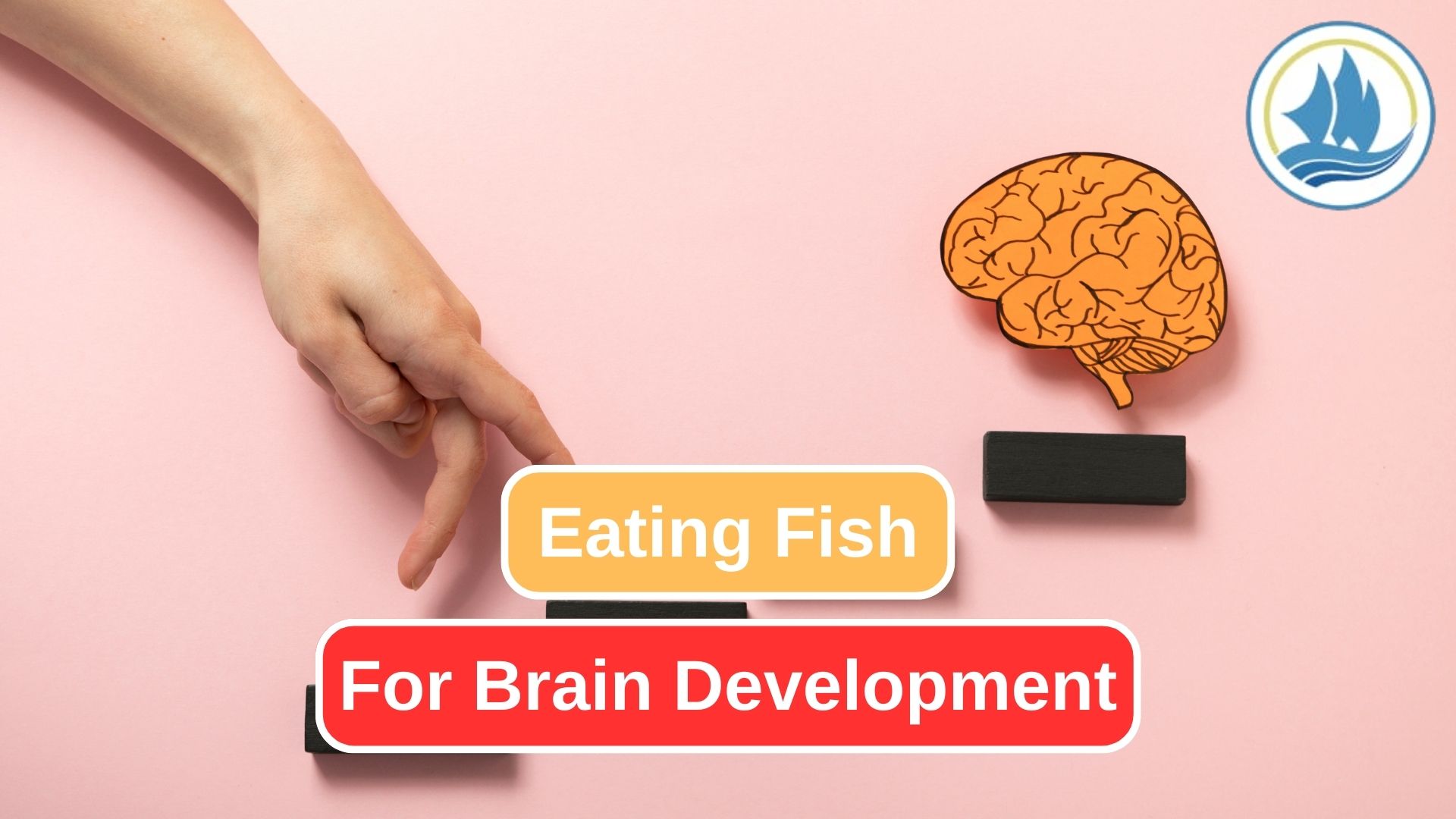8 Benefits for Your Brain from Eating Fish
By. Nevanda - 08 Sep 2023
kelolalaut.com - Eating fish has a range of significant benefits for brain development, mainly because fish is one of the best sources of omega-3 fatty acids, particularly DHA (docosahexaenoic acid), which plays an important role in brain health. Here are the main benefits of eating fish for brain development:
1. Improves Intelligence and Cognitive
Omega-3s, especially DHA, are important components in the structure of brain cells. Consuming enough DHA during a child's growing years can support cognitive development and cognitive skills, such as problem-solving, memory, and learning.
2. Brain Development in Fetuses and Infants
Omega-3 fatty acids, especially DHA, are essential during pregnancy for fetal brain development. This also continues during the breastfeeding period, when DHA from the mother passes to the baby through breast milk, helping to build strong brain structures.
Read also: Exploring Sustainable Tuna Catching Methods
3. Reduced Risk of Developmental Disorders
Several studies have shown that adequate intake of omega-3 fatty acids during pregnancy and the child's growing years can help reduce the risk of developmental disorders such as ADHD (Attention Deficit and Hyperactivity Disorder) and autism.
4. Supports Vision
DHA is also an important component of the retina of the eye. Adequate consumption of DHA helps normal vision development in infants and children.
5. Improves Mental Function
Omega-3 has been linked to improved mental and cognitive function in children and adults. It can help children in terms of critical thinking, creativity, and academic performance.
6. Protects Against Neurodegenerative Diseases
Omega-3 fatty acids have also been linked to a reduced risk of neurodegenerative diseases in the elderly, such as Alzheimer's and dementia, suggesting their role in maintaining brain health throughout life.
Read also: Tracking the Seasonal Migration of Salmon
7. Reduced Risk of Depression and Anxiety
Omega-3s can have a positive effect on mental health, helping to reduce the risk of depression and anxiety in children and adolescents.
8. Improved Learning Ability
Several studies have shown that adequate intake of omega-3s can improve children's learning ability and help overcome learning difficulties.
Omega-3s are not only found in fish, but also in other food sources such as nuts, seeds and flaxseed oil. However, marine fish is still one of the best sources of omega-3s, especially DHA. Therefore, including fish in children's diets on a regular basis can contribute positively to their brain development.
Read also: Crafting the Ultimate Shrimp Cocktail Recipe
.jpg)





.jpg)

.jpg)